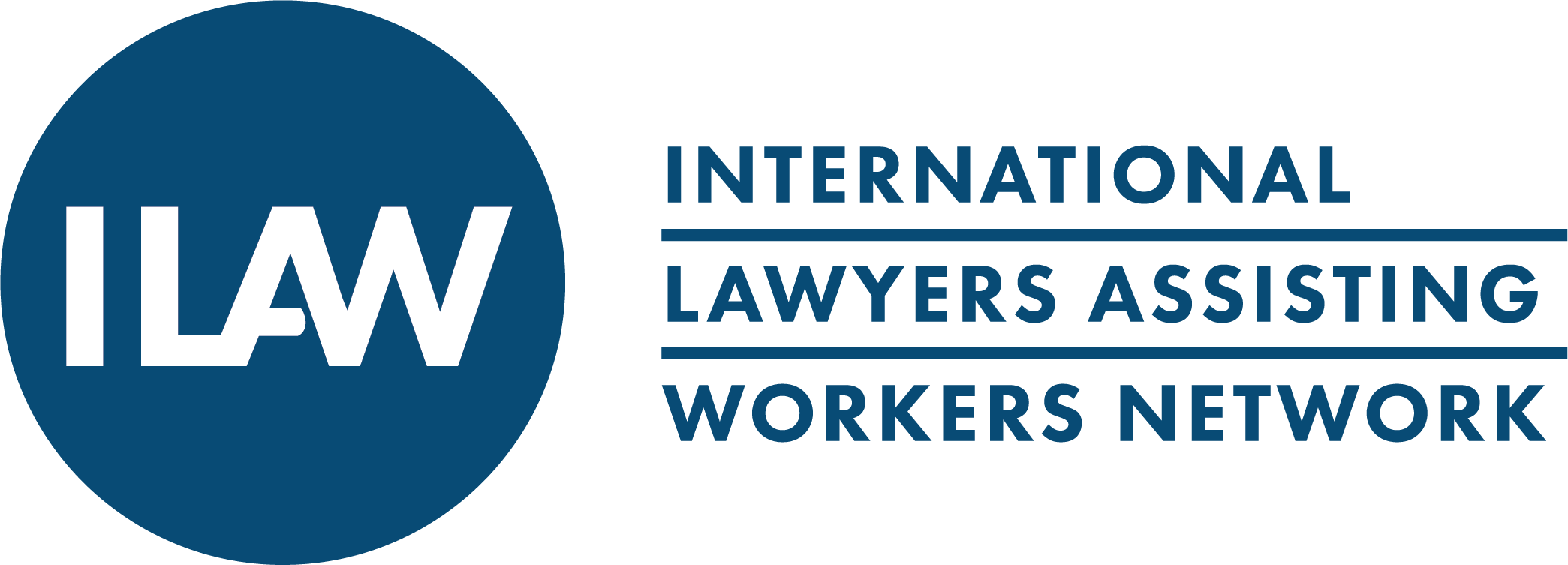Across the OECD, in 2017, 31.2% of women of working age on average were in non-standard employment, such as temporary and part-time work, compared to 15.3% of men. Non-standard work …
OECD
Negotiating Our Way Up: COLLECTIVE BARGAINING IN A CHANGING WORLD OF WORK
Collective bargaining systems are key and complex labour market institutions In all OECD countries, workers and employers associate to express their interests and concerns, as well as to bargain over …
Ending child labour, forced labour and human trafficking in global supply chains
By adopting the Sustainable Development Goals (SDGs), the global community has committed to end child labour by 2025 and forced labour and human trafficking by 2030. According to the latest …
Due Diligence for Responsible Corporate Lending and Securities Underwriting
Due diligence can help banks prevent or address adverse impacts related to human and labour rights, the environment, and corruption associated with their clients as well as avoid financial and …
OECD: Policy Responses to New Forms of Work
This report provides a snapshot of the policy actions being taken by OECD, EU and G20 countries in response to growing diversity in forms of employment, with the aim of …
Recruiting Immigrant Workers: New Zealand 2014
This is a published work by OECD providing a comprehensive review of the labor migration policy in New Zealand. It examines the country’s labor migration system and its characteristics, including …

International Lawyers Assisting Workers Network
c/o Solidarity Center
1130 Connecticut Ave, NW 8th Floor
Washington DC, 20036
